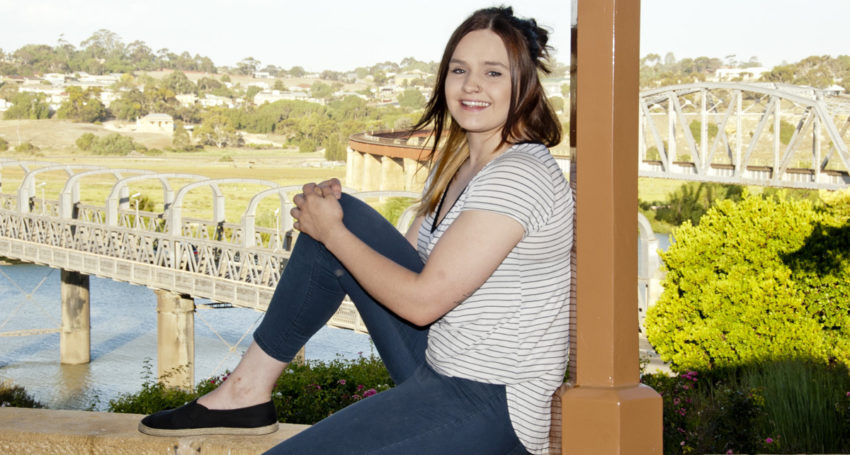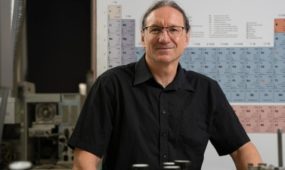Indigenous program targets employment and incarceration rates
Education
A program to train indigenous Australians to work in the prison system is attempting to address unemployment and incarceration issues faced by the Aboriginal community.

Sign up to receive notifications about new stories in this category.
Thank you for subscribing to story notifications.

The Correctional Services Training and Employment Program (C-STEP) has been launched by the Australian Government with support from the South Australian Department for Correctional Services and job agency Maxima.
The first of 20 trainees for the program have been selected and will complete a Certificate II in Justice studies to develop a pathway to employment as Correctional Officers in one of South Australia’s five prisons.
Like many developed nations with minority indigenous populations, unemployment and incarceration rates among Australia’s first people are significantly higher than the general population.
The indigenous unemployment rate in Australia is currently 21 per cent and is more than four times the non-indigenous unemployment rate of 5 per cent.
Aboriginal and Torres Strait Islander prisoners account for just over a quarter (27 per cent) of the total Australian prisoner population. This is despite indigenous people accounting for only about 2 per cent of the total population.
C-STEP is the first program of its kind in Australia and aims to attract employees who can provide more culturally appropriate support to Indigenous Australian prisoners to address issues including reoffending rates and unemployment.
Maxima is a not-for-profit organisation that provides employment and training services for Aboriginal and/or Torres Strait Islanders across Australia.
Maxima’s Special Programs Manager Natasha Christie said the problems with unemployment and incarceration rates of Indigenous Australians highlighted the need for greater engagement in the nation’s prison system.
“There has been a lot of interest because the program may lead to a great employment opportunity, but we have also been really encouraged by the desire of candidates to make a difference with indigenous prisoners,” she said.
University of Adelaide Dean of Indigenous Research and Education Professor Shane Hearn said the results of the program could be considered when examining ways to address broader issues facing Indigenous Australians.
“It is a positive step (towards) developing a workforce that will be culturally sensitive to Aboriginal and/or Torres Strait Islander inmates,” he said.
Aninna Tarasenko, 23, is one of the first trainees to be selected for the C-STEP program and is part of the Raukkan community of the Ngarrindjeri people, about 90km southeast of the South Australian capital Adelaide.
Tarasenko said she hoped to make a positive impact on the lives of indigenous people in Australia’s prison system.
“If they see an indigenous person in a place like that, they are going to feel instantly more comfortable,” she said.
“I have had relatives go through different prison systems and the one thing they always do say is it’s a very lonely place.
“I feel like if they can have people they can connect with, they will feel comfortable.”
Jump to next article



